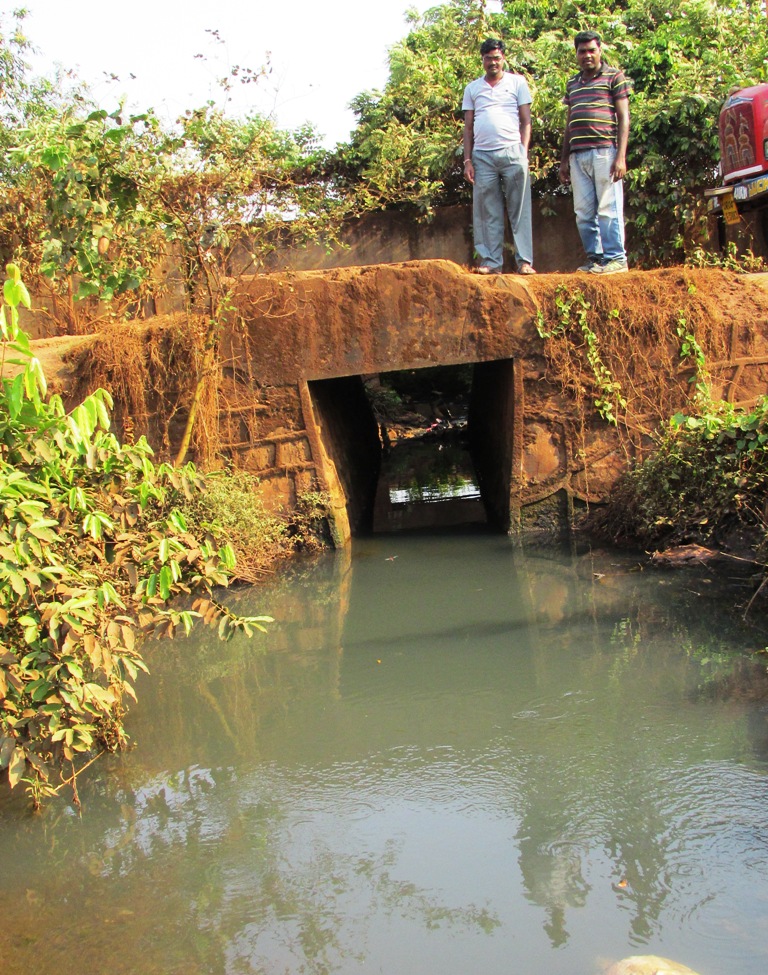Jajpur: Water sources in Jajpur district are soon becoming unfit for human consumption with groundwater becoming toxic, a report said.
Excess content of iron, total coliform and faecal coliform have been traced in the groundwater. The claim is not unfounded as hundreds of people have reportedly died of kidney ailments in the industrial and mining regions of the district during last 10 years while a thousand others are battling with the ailments due to consumption of the toxic water over a long period of time.
However, the district administration is yet to take any exemplary measures despite being well aware of the development.
The matter came to fore after a test of the groundwater samples collected by the Odisha State Pollution Control Board (OSPCB) from mining regions like Kaliapani, Tisco, Saruabil and Kamarda in the district confirmed high content of iron, total coliform and faecal coliform. The water samples were collected between April and October, 2018.
The member secretary of the OSPCB submitted a copy of the report to the engineer-in-chief (EIC) of the public health engineering department apprising him of the development. Later, he submitted a report to the executive engineer of PHED in the district April 9.
The mining region Sukinda has a rich reserve of chromite ore which the mining companies have been extracting for the last seven decades. The mining companies are minting money but have completely overlooked air and water pollution, it is alleged. It is also alleged that the effluents discharged by the companies are not being disposed and recycled for which the surface water as well as the groundwater get toxic.
As per the OSPCB report, the groundwater in Kamarda and Saruabil mining area has the highest iron content. The test report says that the iron content in groundwater in Saruabil is 2.621ml per litre. Similarly, the iron content is 5.324 ml per litre in Kamarda.
This apart, the groundwater in Tisco and Kaliapani areas has high content of total coliform and faecal coliform. The groundwater in Tisco mining area has 1600MPN (most probable number)/100 ml of total coliform and 540MPN/ 100 ML of faecal coliform.
In Kaliapani, the groundwater has 7.8 MPN/100 ML of total coliform and 1.8 MPN/100 ML of faecal coliform. Many private laboratories which have examined the groundwater have found it unfit for human consumption.
The residents in Sukinda, Danagadi, Korei and Dharmasala blocks have been worst affected by the groundwater contamination.
When contacted, Pramod Kumar Behera, regional officer OSPCB in Kalinganagar, confirmed the development stating that the PHED has been informed about this.

